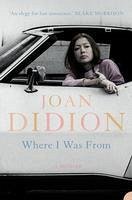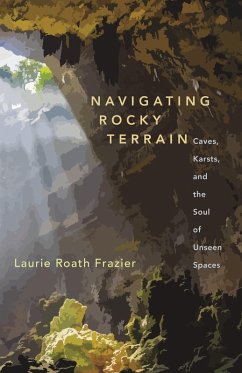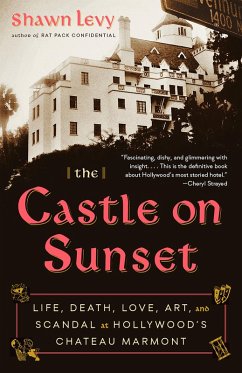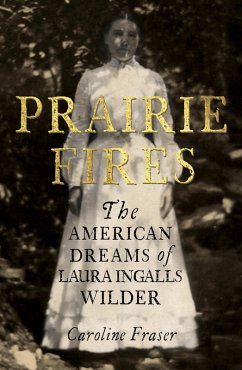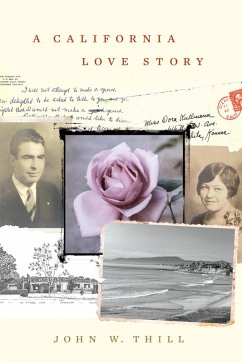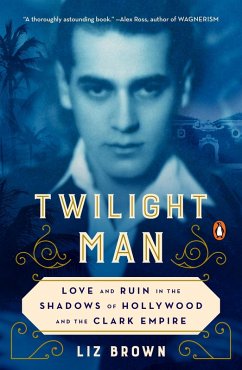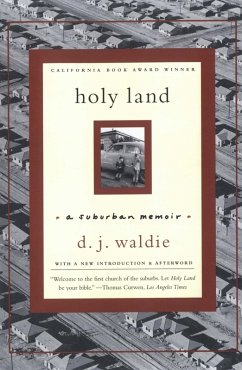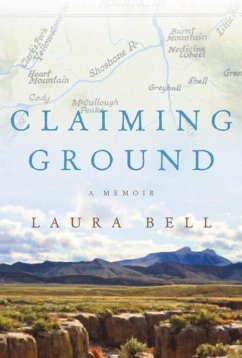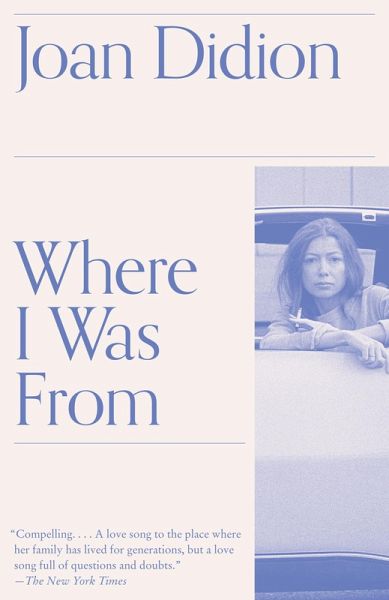
Where I Was From (eBook, ePUB)
A Memoir
Versandkostenfrei!
Sofort per Download lieferbar
8,95 €
inkl. MwSt.
Weitere Ausgaben:

PAYBACK Punkte
4 °P sammeln!
From the bestselling, award-winning author of The Year of Magical Thinking and Notes to John: In this "arresting amalgam of memoir and historical timeline" (The Baltimore Sun), Didion-a native Californian-reassesses parts of her life, her work, her history, and ours. Didion applies her scalpel-like intelligence to California's ethic of ruthless self-sufficiency in order to examine that ethic's often tenuous relationship to reality. Combining history and reportage, memoir and literary criticism, Where I Was From explores California's romances with land and water; its unacknowledged debts to rai...
From the bestselling, award-winning author of The Year of Magical Thinking and Notes to John: In this "arresting amalgam of memoir and historical timeline" (The Baltimore Sun), Didion-a native Californian-reassesses parts of her life, her work, her history, and ours. Didion applies her scalpel-like intelligence to California's ethic of ruthless self-sufficiency in order to examine that ethic's often tenuous relationship to reality. Combining history and reportage, memoir and literary criticism, Where I Was From explores California's romances with land and water; its unacknowledged debts to railroads, aerospace, and big government; the disjunction between its code of individualism and its fetish for prisons. Whether she is writing about her pioneer ancestors or privileged sexual predators, robber barons or writers (not excluding herself), Didion is an unparalleled observer, and this book is at once intellectually provocative and deeply personal.
Dieser Download kann aus rechtlichen Gründen nur mit Rechnungsadresse in A, B, BG, CZ, D, DK, EW, E, FIN, F, GR, HR, H, I, LT, L, LR, NL, PL, P, R, S, SLO, SK ausgeliefert werden.




